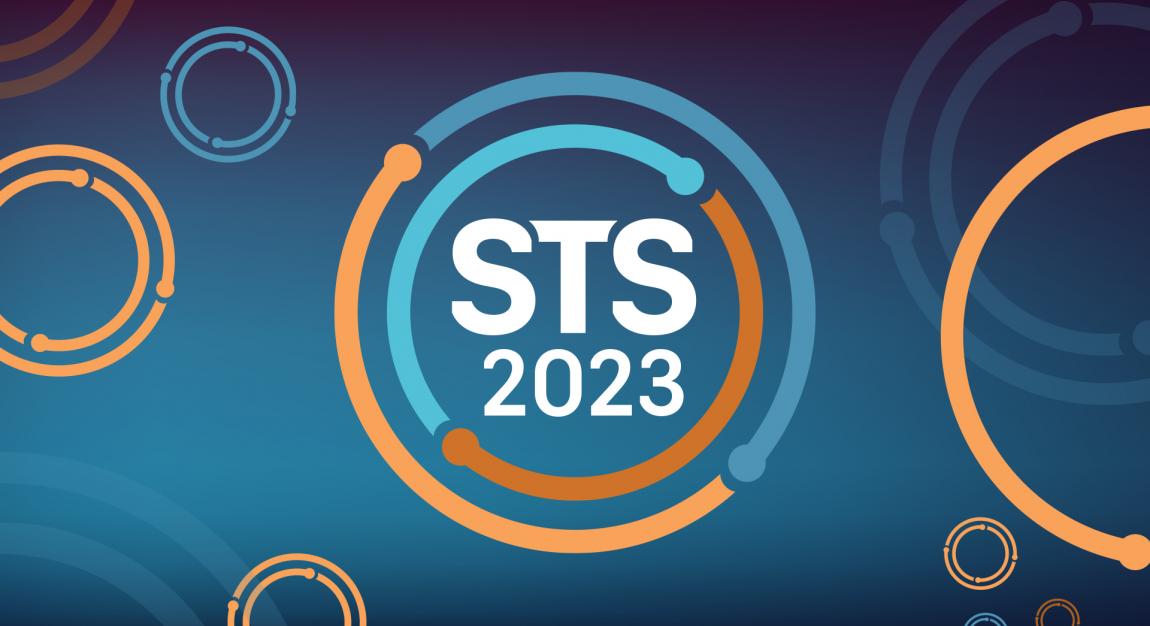Investigators will discuss the real—yet easily identified—risk that living in a food desert may have on patients recovering from esophagectomy on Day 1 of STS 2023.
Mortality risks for patients with colon and breast cancers who live in food deserts have been reported in recent years as part of a large administrative database review. On Saturday, January 21 at 1:25 p.m. PT, surgeons from six high-volume medical centers will present the first multi-institutional research that identifies patients who undergo tri-modality therapy for esophageal cancer have increased risk of readmission following surgery.
Joseph Phillips, MD, from Dartmouth Hitchcock Medical Center in Lebanon, New Hampshire, will present the study exploring the association between food deserts and patient re-hospitalizations after esophagectomy.
In this retrospective research, surgeons reviewed records from a diverse US patient population that underwent neoadjuvant chemoradiation followed by esophagectomy. Of 425 patients included, 73 lived in a food desert, which are areas where access to nutritious foods is inadequate.
The study found that patients from food deserts were twice as likely to be readmitted to the hospital for any reason within 30 days post-surgery. The study also found that these patients had significantly lower median household incomes, although this was not a factor when patients were stratified by readmission status. No differences were found in length of stay, complications, or 30-day mortality between patients who lived or did not live in food deserts.
“Living in a food desert is an easily identifiable risk factor that should alert surgeons that pre- and post-surgical interventions may be needed to improve outcomes,” Dr. Phillips says.
Food deserts, as defined by the United States Department of Agriculture (USDA), are low-income census tracts where a substantial number of residents have low access to grocery stores. The USDA identifies about 6,500 tracts in urban and rural areas as food deserts, where 13.5 million people don’t have a supermarket nearby. Aside from scarcity of nutritious food, residing in a food desert is also often an indicator of low incomes and inadequate healthcare access.
The study authors also postulate that patients receiving tri-modality therapy for esophageal cancer may benefit from early referral to resources such as social workers and dieticians for intervention prior to and during treatment. Furthermore, these patients may benefit from more directed post-discharge care to avoid unnecessary readmissions to the hospital.
